Americans of a certain age remember the experience of blood running cold when their favorite network television shows gave way to these words: We interrupt this program for a special news bulletin. What would it be this time, we wondered? War or rumors of war? An assassination? Or another urban riot?
So the riots in Baltimore this week brought back a lot of memories for Baby Boomers who remember Harlem and Philadelphia in 1964, Watts in 1965, Cleveland in 1966, Detroit and Newark and Cambridge in 1967, and cities across the country in 1968, including Washington, D.C. and Baltimore. Some may or may not remember the extent to which police brutality charges and/or habitual racial profiling in arrests were major issues in many of these cities back then. But in any event, what seems like a growing drumbeat of incidents of black men being killed by police (or by would-be police like George Zimmerman), illuminating long-suppressed complaints about brutality and racial profiling, is interrupting this election cycle, supposedly focused on economic inequality and national security threats, like one of those special bulletins of yore.
And just about everybody seems to be struggling for the right perspective on these events. That includes the first African-American president, who is oscillating between expressions of empathy for black people targeted for who they are and denunciations of protests that turn violent, and wherever possible simply remaining silent. That includes his new attorney general, the first African-American woman to hold the job, who first made headlines prosecuting police officers for brutalizing a prisoner in 1997 and who just last week was letting it be known she was deeply concerned about police morale. And eventually, most players in national and even state government and politics may need to adjust to a new environment in which the treatment of minority folk by police can no longer be ignored or shunted off to some blue-ribbon commission.
For some pols this old/new challenge may appear to be the very last thing they need. That’s likely the case for former Baltimore mayor and Maryland Governor Martin O’Malley, who cut short his pre-presidential campaign overseas trip to rush back to address a crisis he no longer has any power to control. He will immediately face claims that “zero-tolerance” policies he put into place as mayor contributed to the deterioration of police-community relations, thanks to a rising tide of arrests for minor offenses that ruined the employment prospects of many young black men (also a major factor in some of the 1960s “race riots”). This is not the kind of allegation someone seeking to cast himself as the Fighting Progressive candidate for president can easily overcome.
If the Baltimore saga is an existential challenge for O’Malley, it may serve as a devilish temptation for his successor as governor, Republican Larry Hogan. Being from an old political family, Hogan is surely aware that one of his Republican predecessors began an unlikely ascent to the vice presidency after Richard Nixon noticed with pleasure his tough talk towards protesters on the Eastern Shore (in 1967) and in Baltimore itself (in 1968). Indeed, had Mr. Law-and-Order Spiro T. Agnew not shown his contempt for the law by taking bribes as part of an arrangement that went back to his tenure as Baltimore county executive, he would have almost certainly become the 38th president of the United States. Did Larry Hogan think about that when he talked tough towards protesters in Baltimore this week?
More generally, Republicans everywhere may be tempted to exploit the reflexive support for police officers among white citizens that is beginning to exhibit itself everywhere black protests arise. As John Judis observed at National Journal this week, the likely election of Dan Donovan–the prosecutor who appeared to work hard to avoid any grand jury indictment of the cops who killed Eric Garner–to Congress in Staten Island next Tuesday may signal a new era of racial backlash, battening on conservative anxieties already aroused by the years of attacks on Obama and manufactured fears of his supposed mania for “redistribution.”
If there is a supply of backlash voters, there will certainly be a demand, if only among the crowded GOP presidential field where the candidates will soon run out of ways to demonstrate their True Conservatism. The more historically minded of them may realize that St. Ronald Reagan himself built his California political career on a foundation of backlash to rioters, albeit student radicals more than African-Americans per se.
Worse yet, if Republicans begin to return to backlash politics, some Democrats may get happy feet and return to their old habit of reflexively supporting aggressive police tactics and tougher sentencing in order to preserve their appeal to the shrinking minority of white voters willing to support them. All in all, it’s rational to fear that the rarest of phenomena, the bipartisan trend towards criminal justice reform, could be interrupted by polarization over police behavior, before it’s reached fruition. And in the long run, nothing would be more certain to perpetuate the oppressive fears of African-Americans for whom regular politics is sometimes little more than an interruption of lives spent under the gun.
Ed Kilgore is the principal blogger for Washington Monthly’s Political Animal blog, Managing Editor of The Democratic Strategist, and a Senior Fellow at theProgressive Policy Institute. Earlier he worked for three governors and a U.S. Senator. He can be followed on Twitter at @ed_kilgore.





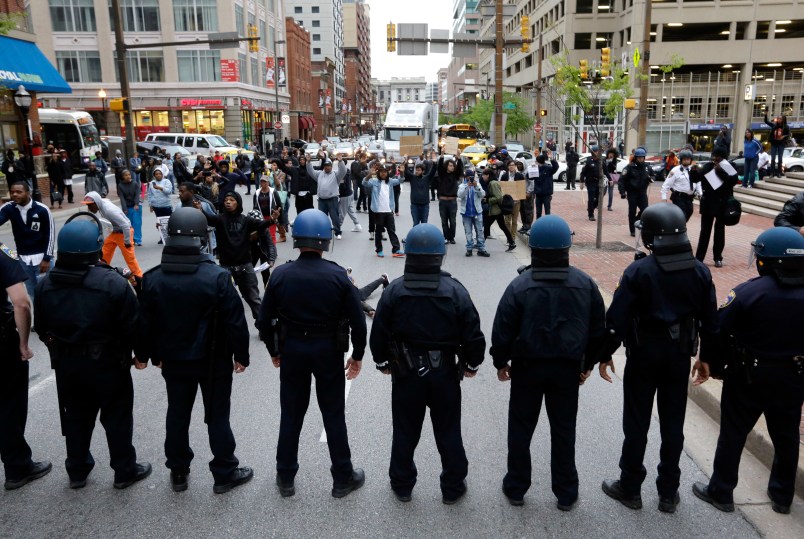
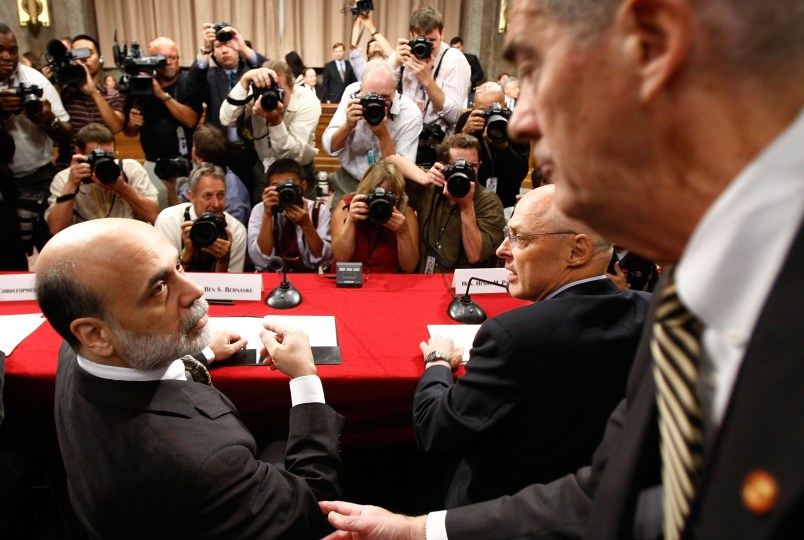
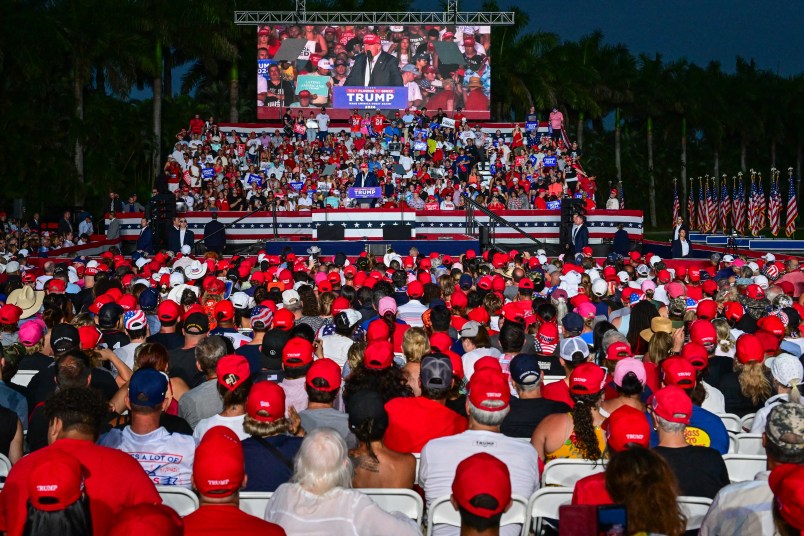
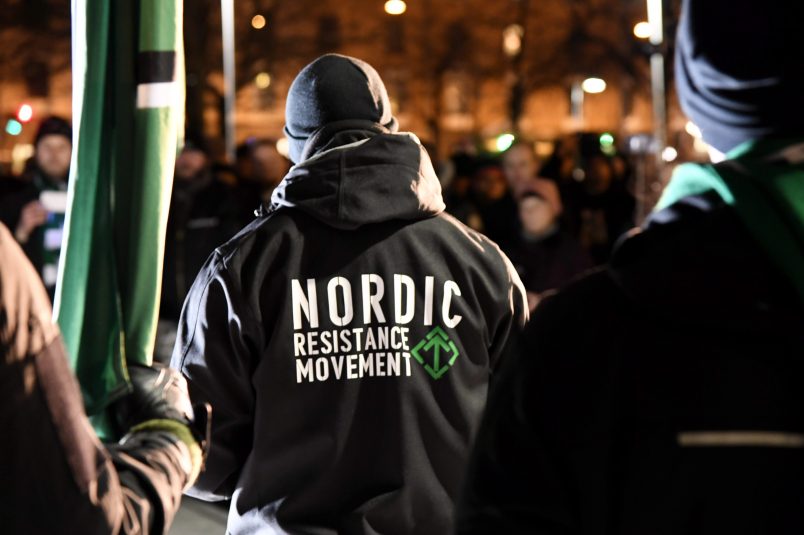
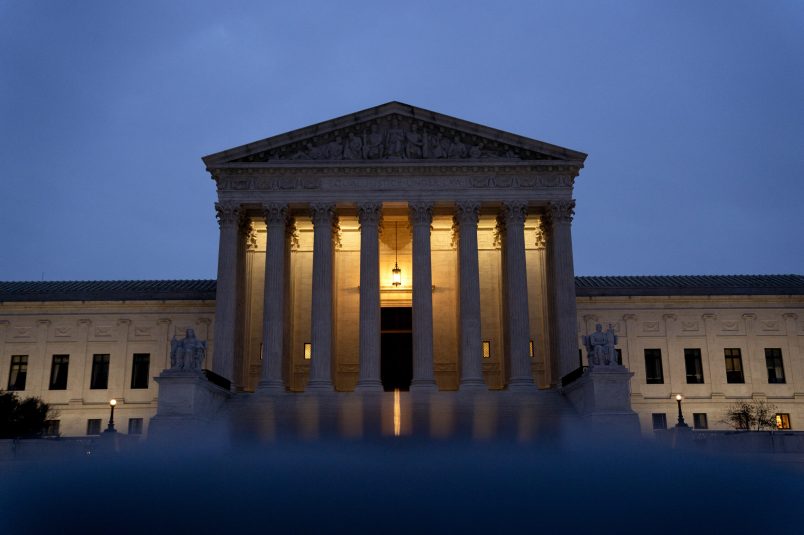
People will forget unless something happens right before election day.
Ed are you saying black people shouldn’t protest because if they do they might rile up their withe masters to vote Republican? As near as I can tell the “backlash voters” who might be riled up are already Fox News viewers and they are already riled up. They are the people who lead the Republicans to victory in 2014. Their numbers aren’t going to grow.
The (racist) “backlash” voter has been present throughout U.S. history.
Those who are not seem to disappear during off year elections, which decide the make-up of the United States Congress, state governments and a host of other local officials which decide the quality of life for all of us.
Paradoxically, those voter-ghosts are the ones who SHOULD have a “backlash” mentality.
Yep, what later became known as “Reagan Democrats” are a variation on the theme.
I lived in NJ during the 1968 presidential election.
George Wallace – yes, that George Wallace – got the NJ electoral vote.
It was a backlash against anti poverty programs that blue collar voters believed favored only blacks. One would hear over and over: "Them ni**ers is gettin’ too damned much fer nuthin’ "
Now in 1968 Nixon would have won anyway, but the results in a typically Dem state like NJ foreshadowed Reagan’s appeal to this backlash: “Young buck selling his food stamps to buy drugs”.
I don’t think there’s going to be any more of a backlash effect than there predictably could be. If anything, I think social media has tilted the scales in favor of visability of police brutality and their targets in the minority community. I’m old enough to remember watching the riots on TV in the 60’s and 70’s. The narrative was subtly of out of control n*ggers against a valiant White police force. That narrative currently thrives where it already existed and there’s plenty of pushback on it from certain areas.
In addition to that idea that, urban living is really predominant right now amongst the left wing. This includes minorities, younger people, affluent White people, gays etc. Suburban/exurban living has become the area of the right wing and it’s become smaller. It’s their last refuge. I’m not saying it doesn’t exist; I’m saying it doesn’t dominate social ideas in America the way it did in the 60’s and 70’s.
If O’Malley were smart and I think he is, he’d jump on this quickly and with both hands. This could be but one issue that could really distinguish him from HRC depending upon how he shapes his allegiances.